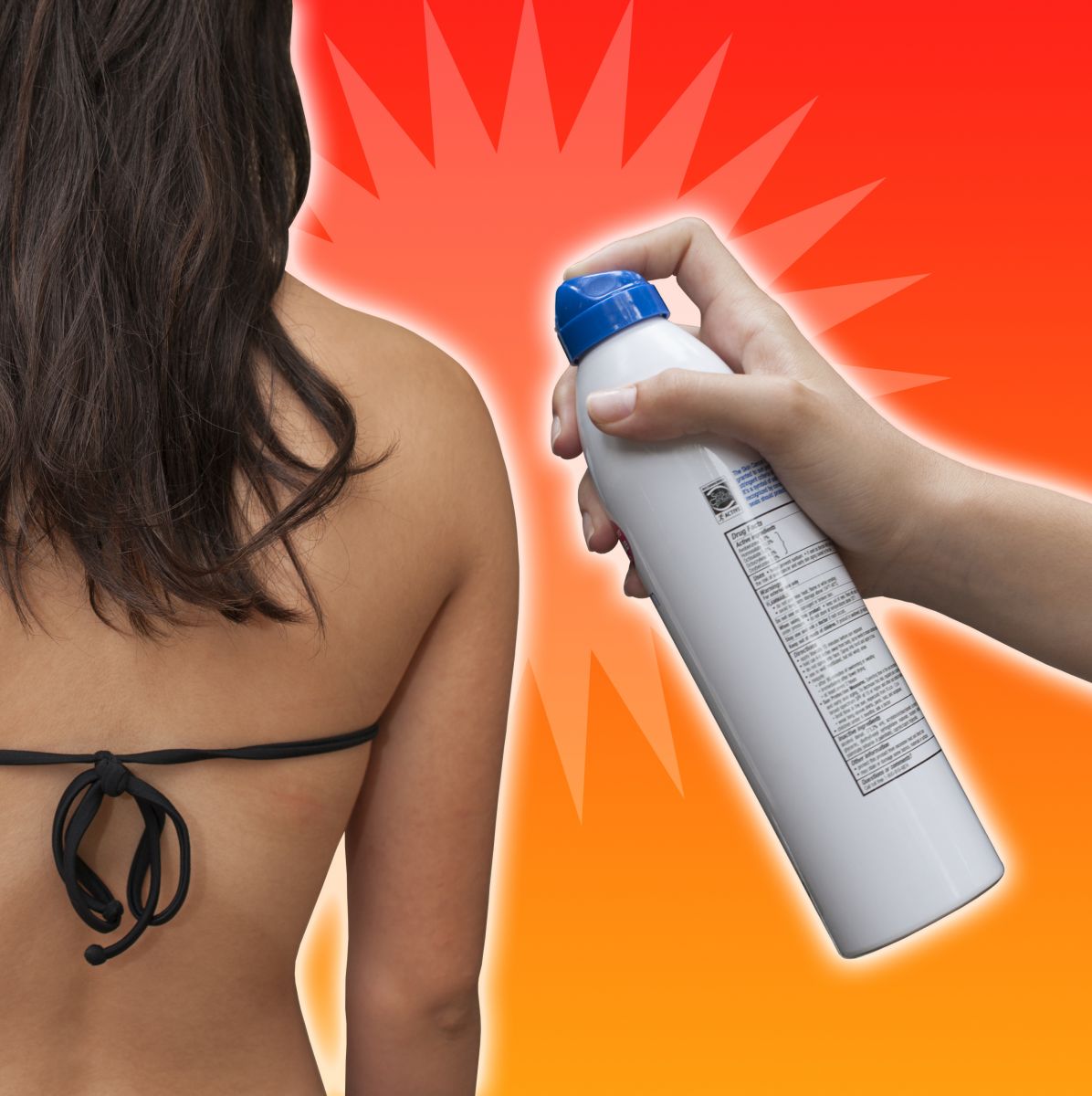Welcome to the DermacenterMD Blog
Posts for tag: medical
 Sunscreen is a must. It is essential that you protect your skin from the harmful rays of the sun. Taking the proper precautions when it comes to the sun can decrease signs of aging and reduce your chances of getting skin cancer. Below you will find the answers to common questions that you should know make a point to know and understand. Knowing what sunscreen is and how it works can help you in your efforts to protect your skin and keep yourself and the ones you love healthy.
Sunscreen is a must. It is essential that you protect your skin from the harmful rays of the sun. Taking the proper precautions when it comes to the sun can decrease signs of aging and reduce your chances of getting skin cancer. Below you will find the answers to common questions that you should know make a point to know and understand. Knowing what sunscreen is and how it works can help you in your efforts to protect your skin and keep yourself and the ones you love healthy.
Below are several common sunscreen questions with answers taken from the Skin Cancer Foundation:
What Are Sunscreens?
Sunscreens are products combining several ingredients that help prevent the sun's ultraviolet (UV) radiation from reaching the skin. Two types of ultraviolet radiation, UVA and UVB, damage the skin and increase your risk of skin cancer. Sunscreens vary in their ability to protect against UVA and UVB.
What Are UVA and UVB?
Ultraviolet (UV) radiation is part of the electromagnetic (light) spectrum that reaches the earth from the sun. It has wavelengths shorter than visible light, making it invisible to the naked eye. Ultraviolet A (UVA) is the longer wave UV ray that causes lasting skin damage, skin aging, and can cause skin cancer. Ultraviolet B (UVB) is the shorter wave UV ray that causes sunburns, skin damage, and can cause skin cancer.
What Is SPF?
SPF – or Sun Protection Factor – is a measure of a sunscreen's ability to prevent UVB from damaging the skin. Here's how it works: If it takes 20 minutes for your unprotected skin to start turning red, using an SPF 15 sunscreen theoretically prevents reddening 15 times longer – about five hours. Most sunscreens with an SPF of 15 or higher do an excellent job of protecting against UVB.
What Does Broad-Spectrum Mean?
Broad-spectrum sunscreens protect the skin from both UVA and UVB rays. Beginning in December 2012, the U.S. Food and Drug Administration (FDA) began to implement new rules for "broad-spectrum" products.
So, next time you head outside to enjoy the outdoors, don't forget your sunscreen!!
Source:
http://www.skincancer.org/prevention/sun-protection/sunscreen
Archive:
Tags
- dry skin (2)
- moisturizer (1)
- sensitive skin (3)
- PA (2)
- Skincare (2)
- skin cancer (29)
- cancer (6)
- facts (1)
- skin (19)
- dermatology (22)
- skin care (19)
- cosmetic (2)
- wrinkles (1)
- Botox (4)
- Dysport (3)
- sleep (1)
- look good (1)
- daily routine (1)
- healthy lifestyle (1)
- doctor (2)
- patient (1)
- sun protection (5)
- sunscreen (14)
- aging dermatology (1)
- providers (1)
- tanning (2)
- sun (6)
- UVA rays (2)
- UVB rays (2)
- melanoma (10)
- Acne (2)
- Treatment (2)
- sunscren (1)
- sun exposure (5)
- Melanoma Monday (2)
- Skin Cancer Awareness Month (1)
- education (2)
- skin cancer specialist (1)
- basal cell carcinoma (1)
- squamous cell carcinoma (1)
- ingredients (2)
- improve your smile (1)
- cosmetics (1)
- laser (1)
- fillers (2)
- sunburn (3)
- avoid the sun (1)
- hat (1)
- sun clothing (1)
- SPF (1)
- Rosacea (3)
- NP (1)
- Nurse Practitioner (1)
- mid-level provider (1)
- physician (1)
- dermatologist (6)
- cosmetic dermatology (4)
- anti-aging (2)
- youthful looks (1)
- Eczema (2)
- rash (2)
- itch (1)
- the rash that itches (1)
- reduce itch (1)
- itching (1)
- getting along with others (1)
- basal cell (2)
- squamous cell (2)
- detection (1)
- Mohs surgery (2)
- photoaging (1)
- Inspiring (1)
- word of the day (1)
- inspiration (3)
- uplifting (1)
- protection (4)
- lips (1)
- reduce wrinkles (1)
- look younger (1)
- encouragement (1)
- never give up (1)
- you can do it (1)
- medical school (1)
- dreams (1)
- brown spots (1)
- moles (2)
- liver spots (1)
- age spots (1)
- Abe Lincoln (1)
- life lessons (1)
- lip cancer (1)
- health (12)
- motivation (1)
- work (1)
- people (2)
- home life (1)
- lifestyle (1)
- ABCDEs of Melanoma (1)
- mole (1)
- skin check (2)
- skin facts (2)
- odd (1)
- fun (1)
- interesting (1)
- lung cancer (1)
- disease (1)
- Christmas (2)
- gifts (1)
- sun burn (1)
- winter skin tips (1)
- itchy skin (1)
- winter skin (1)
- myths (1)
- myth busted (1)
- skin protection (1)
- sunscreen safety (1)
- specialist (1)
- red skin (1)
- irritation (1)
- feel good (1)
- helping (1)
- help (1)
- helping others (1)
- treatment options (1)
- skin health (9)
- Vitamin D (2)
- tanning beds (1)
- skin health. dermatology (1)
- sunshine (1)
- awareness (1)
- prevention (1)
- sun damage (3)
- connections (1)
- working together (1)
- health care (1)
- biotin (1)
- medical (1)
- aging (1)
- elkhart (1)
- Roger Moore (1)
- check (1)
- skin type (1)
- skin cancer prevention (1)
- gift guide (1)
- Christmas gift guide (1)
- Dr. Roger Moore (1)
- holidays (1)
- family history (1)
